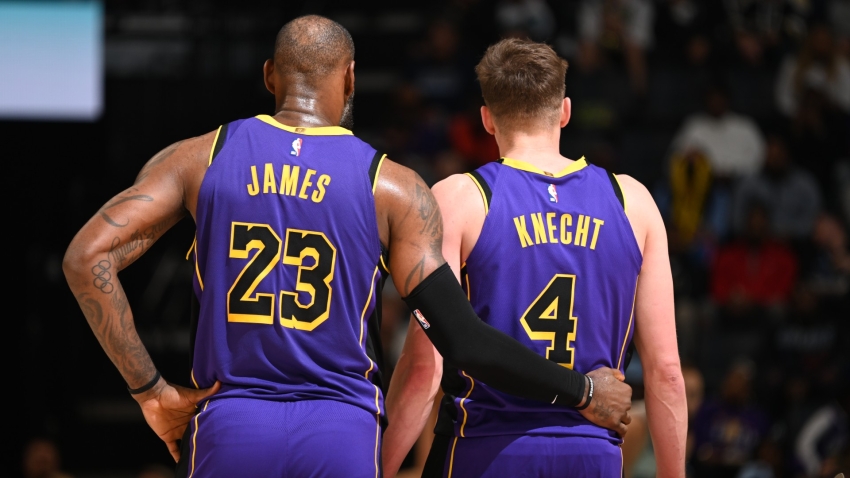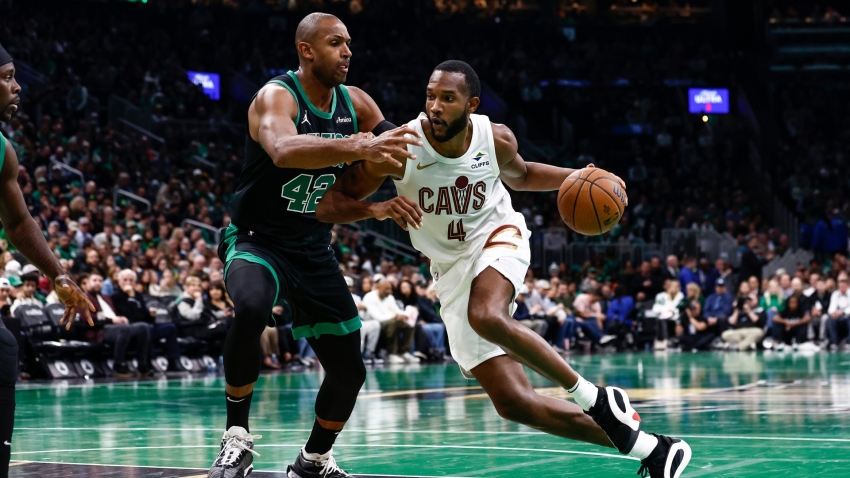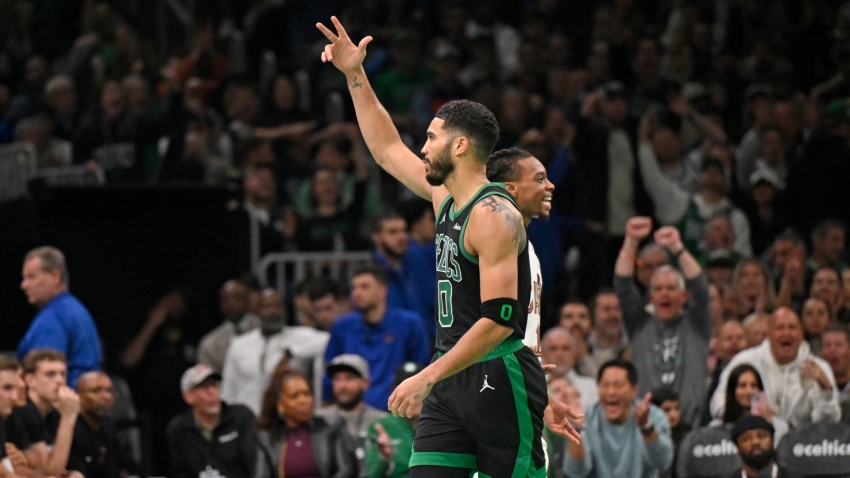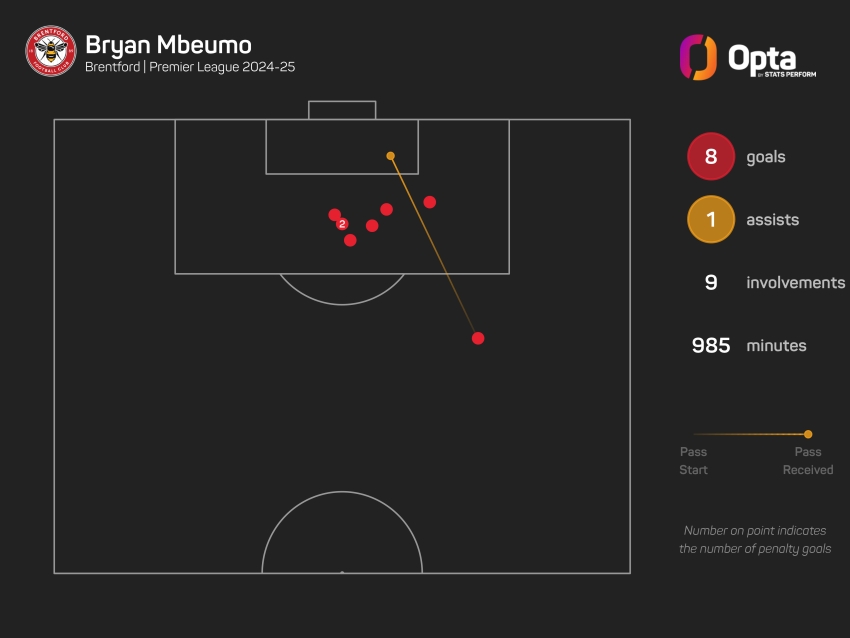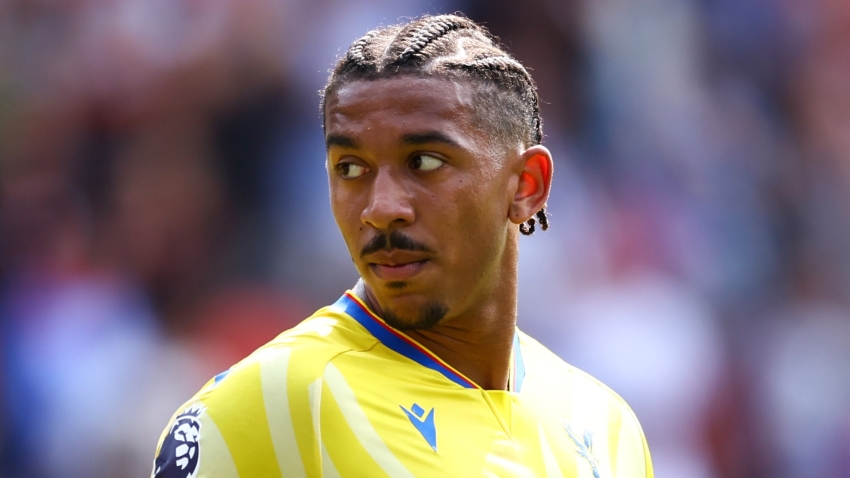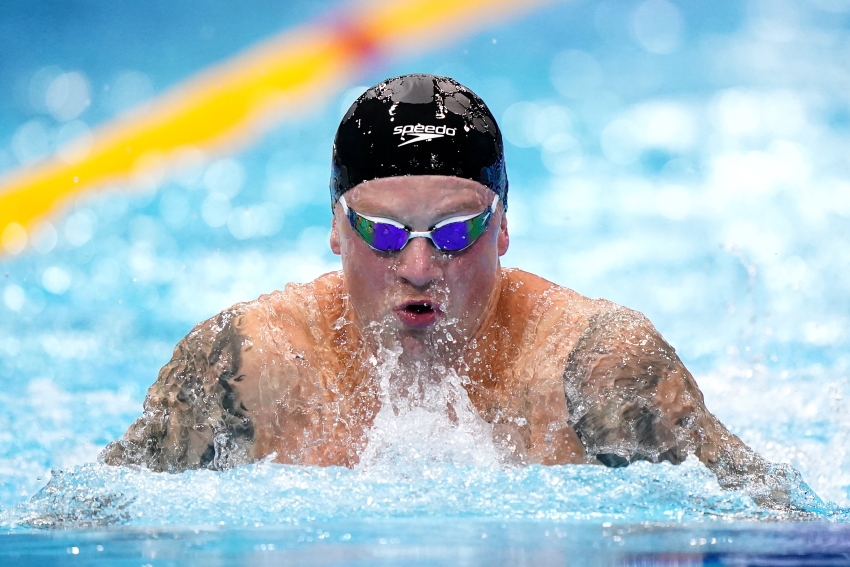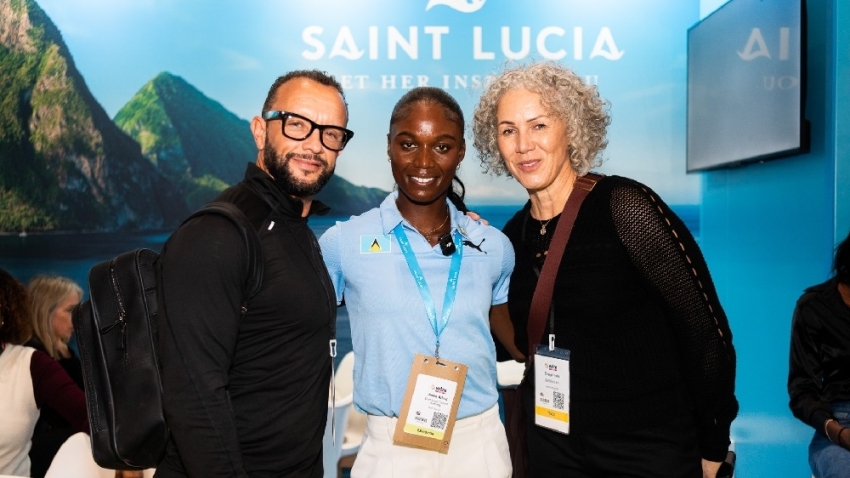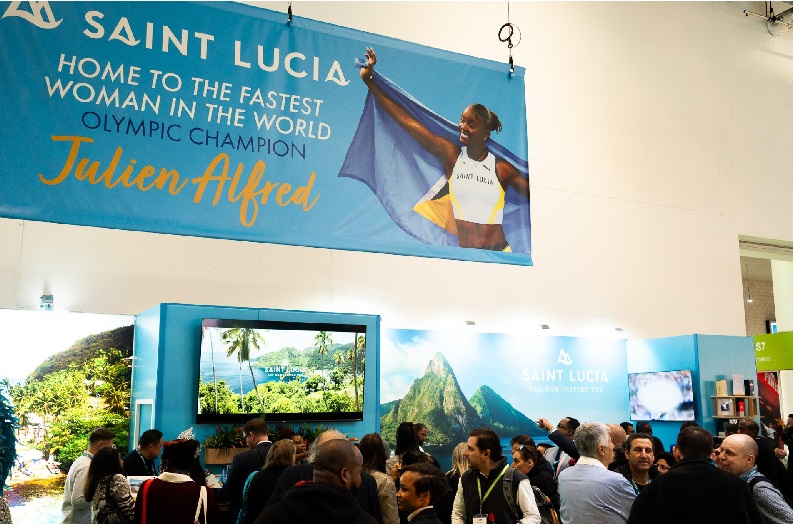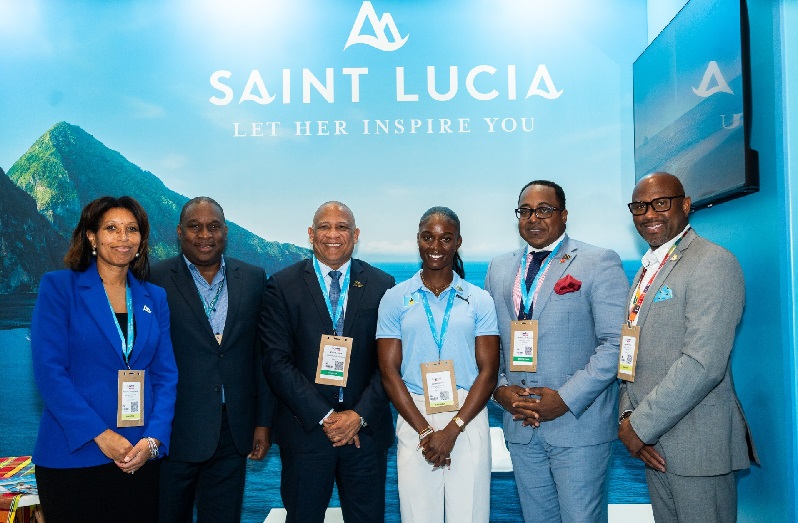Adam Peaty said a new relaxed mindset can serve him well after securing passage to this summer’s Paris Olympics by finishing first in his signature 100m breaststroke event on the first day of the British Championships in London.
The 29-year-old touched the wall in 57.94 seconds in the evening’s final – the fastest men’s 100m breaststroke time in the world this year and an improvement on the 59.10 seconds it took him to win bronze at February’s World Championships in Doha.
Peaty, who still holds the world record of 56.88 seconds in the event, is now set to defend his back-to-back Olympic titles after securing a nomination in the British championships, one year after pulling out of the 2023 event to begin what became an extended mental health-motivated hiatus from the sport.
Peaty said afterwards: “I’m not fully back, I’ve still got a second!
“It’s always going to be my mindset, but I’ve got a healthy approach to it. A few years ago, I’d have come out of there disappointed.
“I’ve learned to appreciate the moments of greatness for myself. For me, that was a great swim, executed well – but the most promising thing is that I’m finding peace in the water now, instead of anger and just fighting it, and trying to win like that.
“I’m finding a new version of myself which I’m really liking, and I think that’s a version that can do really well at the Olympics.”
The most direct way of securing a Paris 2024 nomination this week is to finish first in the open finals of each individual event, provided athletes clock in at or under a specific time set by the newly-rebranded Aquatics GB, though nominations are still subject to an official rubber-stamp by the British Olympic Association.
Peaty emerged from his afternoon heat with a time of 58.53, the only man of 64 entrants in the event’s heats to touch the wall in under a minute, marking another significant step on a comeback journey for the five-time Olympic medallist.
He was sidelined from the 2022 World Championships due to a foot injury and last year withdrew from the British Championships, making his competitive return in Doha.
James Wilby, who finished second to Peaty, missed the 59.45sec nomination time by an agonising 0.02 seconds but could still be one of a maximum 30 swimmers nominated by Aquatics GB following the championships’ conclusion on Sunday.
Scotland’s Keanna MacInnes, 22, punched her ticket after overtaking Laura Stephens in the women’s 200m butterfly, though Stephens – the reigning world champion in the event – also finished below the required nomination time to put herself in contention for Team GB.
Freya Colbert, 20, who claimed women’s 400m individual medley gold in Doha, finished ahead of training partner Abbie Wood in the women’s 200m freestyle to secure her nomination, while Wood’s time was also under the nomination standard.
This is the first year the British Championships combined events for both para and non-disabled athletes, and it was Poppy Maskill who emerged with the top, sub-nomination standard time in the multi-classification women’s para 200m freestyle where five athletes finished under the standard.
Bath-based Kieran Bird came close in the men’s 400m freestyle, finishing in 3:45.63 – a hair off the required 3:45.43 – but might have also done enough do impress the selectors.



